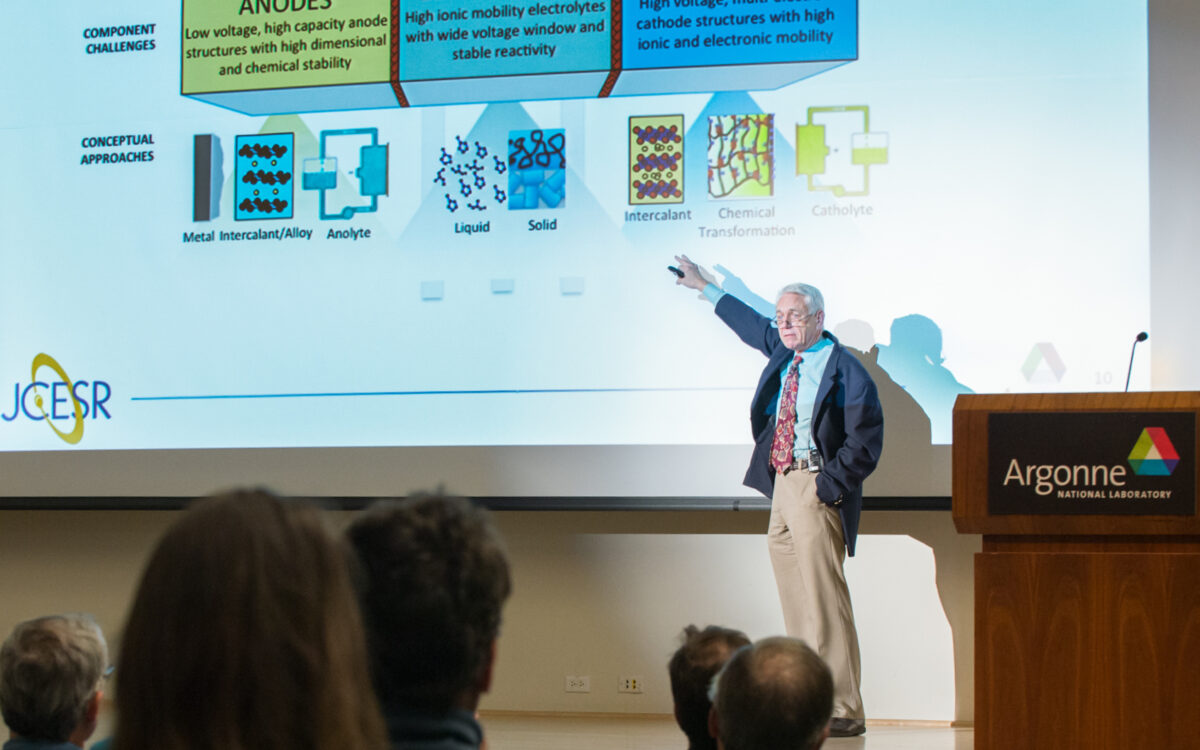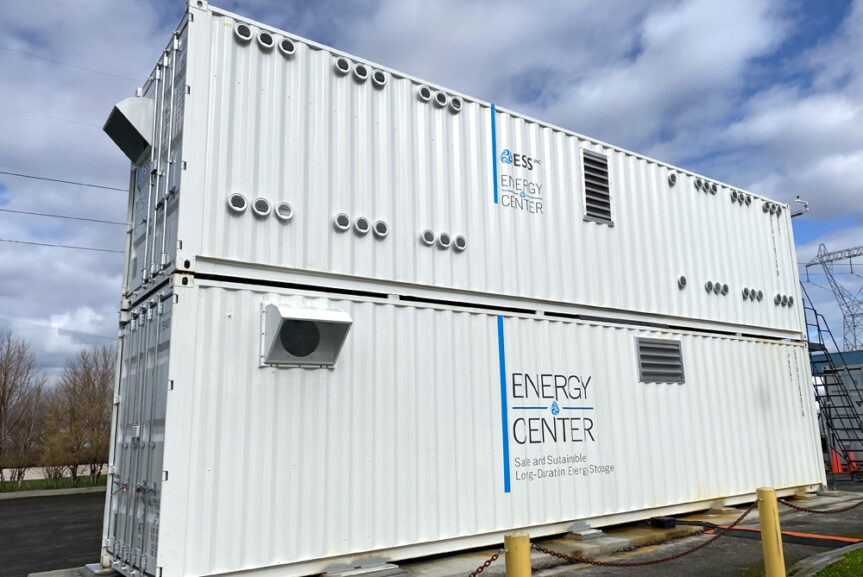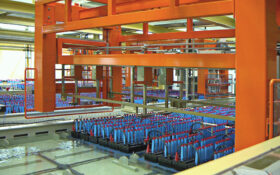Argonne National Laboratory’s research and development arm, the Joint Center for Energy Storage Research (JCESR), said it has developed more than 30 patents for licensing.
It said on its website that since 2013, JCESR researchers have invented “a wide and diverse range of technologies in the ‘beyond lithium-ion’ space.” The primary focus of the patents for licensing has been on flow, lithium-sulphur, multivalent and solid-state batteries.
JCESR, part of the US Department of Energy, has found ways to make flow batteries more energy-dense and efficient than they are today. It claims to have patents that address some of the limitations in existing flow batteries and non-aqueous flow batteries, an emerging technology.
Batteries with multivalent metals are another emerging technology. Multivalent metals can realise a higher charge density, which could make them cheaper and more sustainable to engineer.
Lithium-sulphur (Li-S) batteries have shown “great potential”. Their chemistry and use of sulphur (cheap and more abundant than other commonly used cathode materials) mean Li-S batteries could store more energy at a cost lower than conventional lithium-ion technologies.
By replacing the liquid electrolyte, solid-state batteries are proving more stable and thus potentially safer, according to JCESR. Solid-state lithium metal batteries are found to have a high energy density, possibly more range and faster charging compared to the lithium-ion batteries found in vehicles today.












